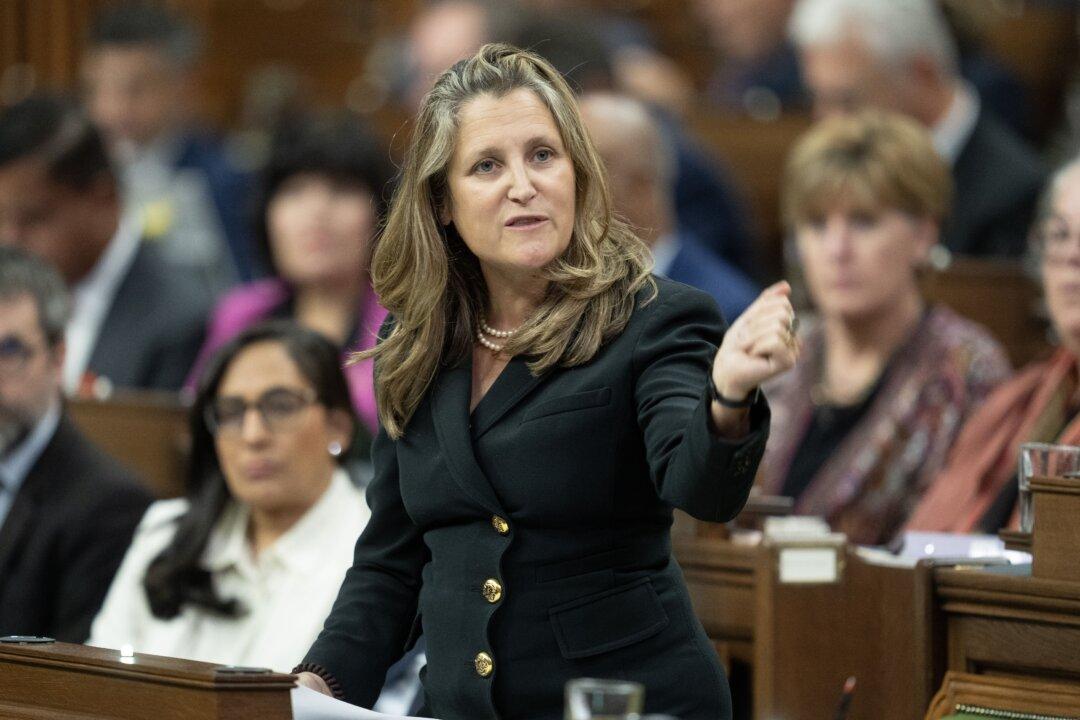Members of Parliament held an emergency debate this week to discuss the threat of tariffs from U.S. President-elect Donald Trump, with calls for unity competing against political attacks on adversaries.
Amid appeals for a unified approach on the matter, some MPs blamed past and current policies for the predicament Canada is facing.





